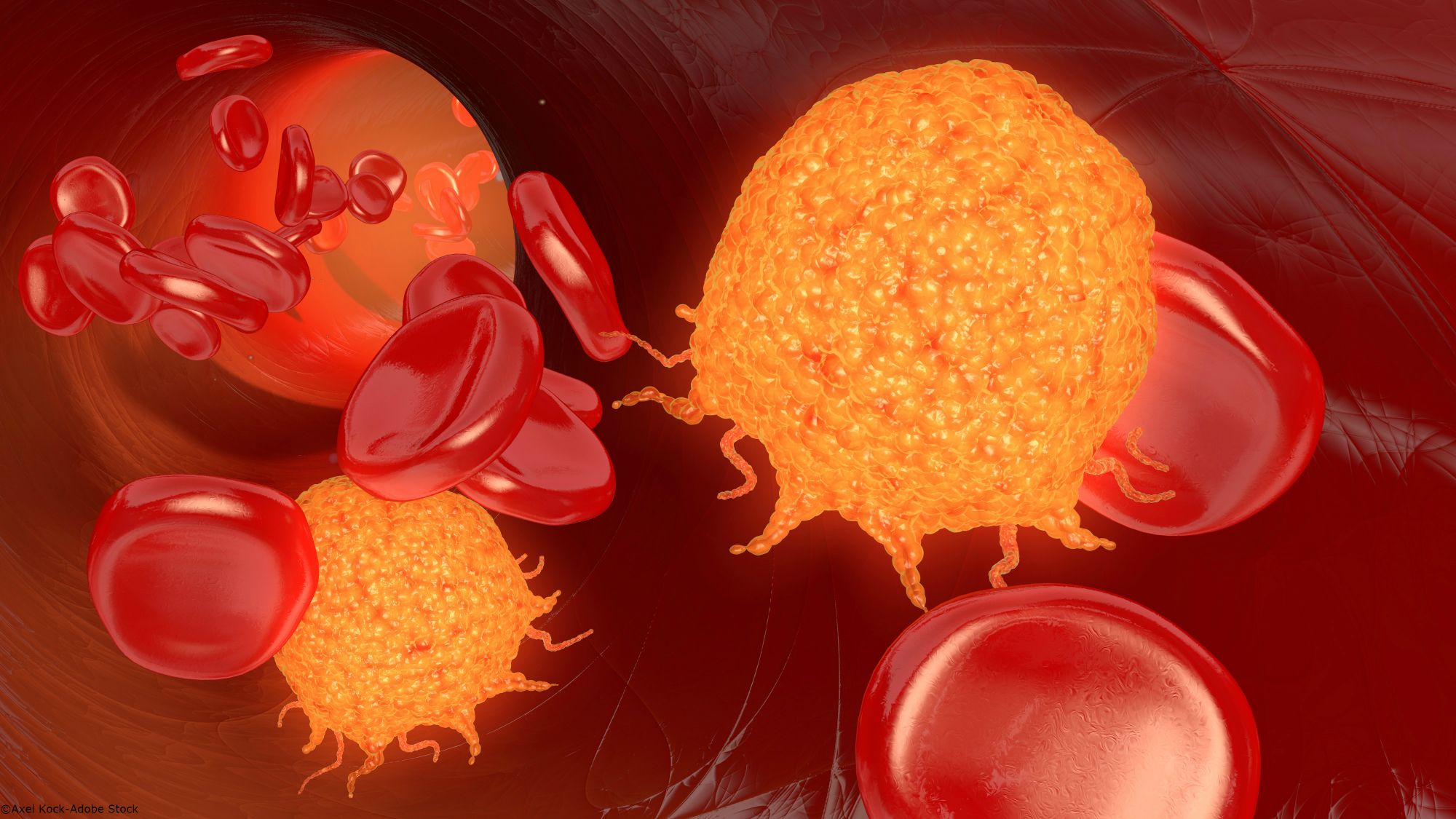National ICE-T Conference Aims to Make CAR T Safer and More Available
Leading experts gathered in Orlando, Florida, to discuss the current and future state of cellular therapy in oncology at the 2025 ICE-T Symposium.
Leading experts gathered in Orlando, Florida, to discuss the current and future state of cellular therapy in oncology at the 2025 ICE-T Symposium.

CAR T-cell therapy has emerged as 1 of the most promising treatments for cancers of all types, though because it is a relatively recent modality, it is crucial that experts stay up to date on the latest discussions and breakthroughs.
CancerNetwork® spoke with Nausheen Ahmed, MD, at the 2025 National Immune Cell Effector Therapy (ICE-T) Symposium about the meeting and what it hopes to accomplish in the field, as well as the most recent interesting takeaways from some of the sessions.
Ahmed, an associate professor, the associate director for cellular therapeutics, and the medical director of the Cell Therapy Survivorship Program in the Division of Hematologic Malignancies and Cellular Therapeutics in the Department of Internal Medicine at the University of Kansas Cancer Center, and a course director for the ICE-T symposium emphasized discussions surrounding immune effector cell–associated neurotoxicity syndrome (ICANS) and other toxicities, including parkinsonism.
She also discussed the use of levetiracetam (Keppra) to prevent seizures, and how many centers have differing opinions on when, or if, to use it. The main concept that Ahmed wanted her colleagues to take away from the conference was how to properly treat patients experiencing CAR T-cell therapy–related toxicities. There was also a large push to make these advanced therapies available at more centers nationwide.
CancerNetwork: What were the key themes from the "Supportive Care in Leukemia" session?
Ahmed: We had 4 participants who discussed supportive care in leukemia. Our allied specialties, our neurologist [Muhammad M. Nashatizadeh, MD] talked about the pathophysiology of ICANS and the role of imaging that helps us diagnose ICANS. He specifically outlined other differentials and how we work through diagnosing ICANS when we have other things that could also be going on with the patients, such as encephalopathies, toxic encephalopathies, drug interactions, or other neurological deficits, [like] delirium. We went over a whole list of differentials, and then he gave us his opinion about how to manage, diagnose, and treat parkinsonism with some of our CAR T-cell therapies, such as [ciltacabtagene autoleucel (Carvykti)] in multiple myeloma. We also [went over] the role of imaging studies and lumbar punctures in the post CAR [T-cell therapy] setting.
What were the most intriguing points from the session?
The very interesting question that was brought up was about [levetiracetam], and whether we should use it or not. There’s heterogeneity in using prophylactic [levetiracetam]…to prevent seizures. There are some institutions that use it across the board from day 0 to day 30, and then there are some institutions that don’t. They will only initiate it if there is an event of ICANS. We walked through and talked about some of these aspects. We need a study or retrospective data to look at that, but right now, we don’t have any hard data to do the prophylaxis. However, we don’t have any data on what happens when we don’t use it.
What are the next steps the field needs to take?
There are a couple of things. With these therapies, especially with [acute lymphoblastic leukemia], the issues that we’ve been facing with our previously available CAR [T-cell therapies] have been the toxicities, particularly the neurological toxicities and hematological toxicities. We navigated through some of those with the speakers. The other thing is access and the need for newer therapies. We have the current CAR [T-cell therapies], which target CD19; however, we need others. For example, [Sunil Abhyankar, MD,] brought up his triple-threat CAR [T-cell therapy], which targets CD19, CD20, and CD22. It’s in the context of a clinical trial, but we’re eager to look at the outcomes from that.
What do you hope others take away from this session?
We invited our infectious disease doctor [Aneela Majeed, MD,] and we invited Dr Nashatizadeh from neurology to understand how complicated cases and infectious disease cases, as well as ICANS, are treated. Of course, the other part of it was leukemia, and how the advances in leukemia are coming along. This is a general idea of the toxicities that even our general oncologists should be able to understand and be aware of. One of my key things is how we improve access, and how we improve toxicities…and [then] get this across more centers.
As a course director for the ICE-T symposium, the whole ICE-T concept was to bring our academic knowledge and our academic leaders [together] with community leaders to try and get increased access out in the community, to not just increase education, but also engagement with our community, which we’re proud to do through these ICE-T symposiums, as well as others that will come down the line.